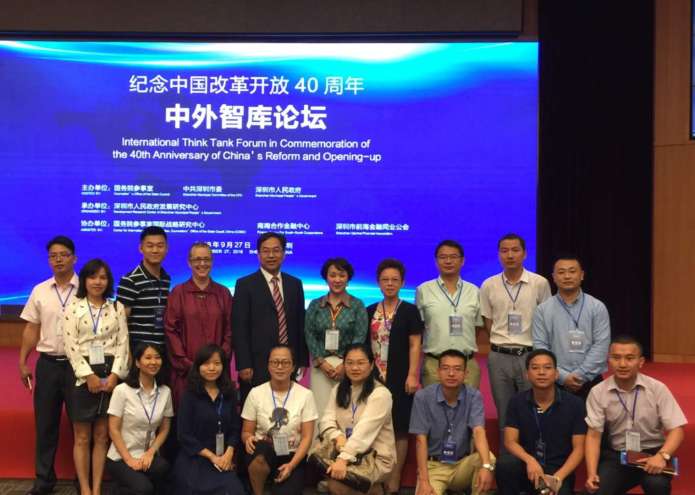Yesterday, I participated in a day-long conference to promote environmentalism. I think I was invited for some combination of two reasons: I’m a recognized foreign friend of the city and anthropologists tell better stories than scientists do. Although technically, I’m a scientist, too! (Social science for the win–hee!) Anyway, the other guests have been diligently working alongside and via the government apparatus to create green spaces throughout the city. Event host, Nan Zhaoxu 南兆旭, for example, wrote The Shenzhen Natural History Encyclopedia 深圳自然博物百科 and event organizer, Meng Xiangwei 孟祥伟 has been director of the OCT Wetlands Field School since its establishment seven years ago. Their efforts have been instrumental in elevating district-level events to municipal, provincial and even national levels, not only contributing to Shenzhen’s status as China’s greenest first-tier city, but also to getting environmental sustainability on the city’s urban planning laundry list.
So, now you’re wondering: what was my takeaway from the event? Just how sustainable is Shenzhen’s environment? And what can environmentally conscious people do via an apparatus that is structured to sustain a political environment, rather than an economic let alone non-human environment? Unfortunately my thoughts are not so grand. Instead, I ended up thinking about the cultural forms of environmentalism:
Continue reading





